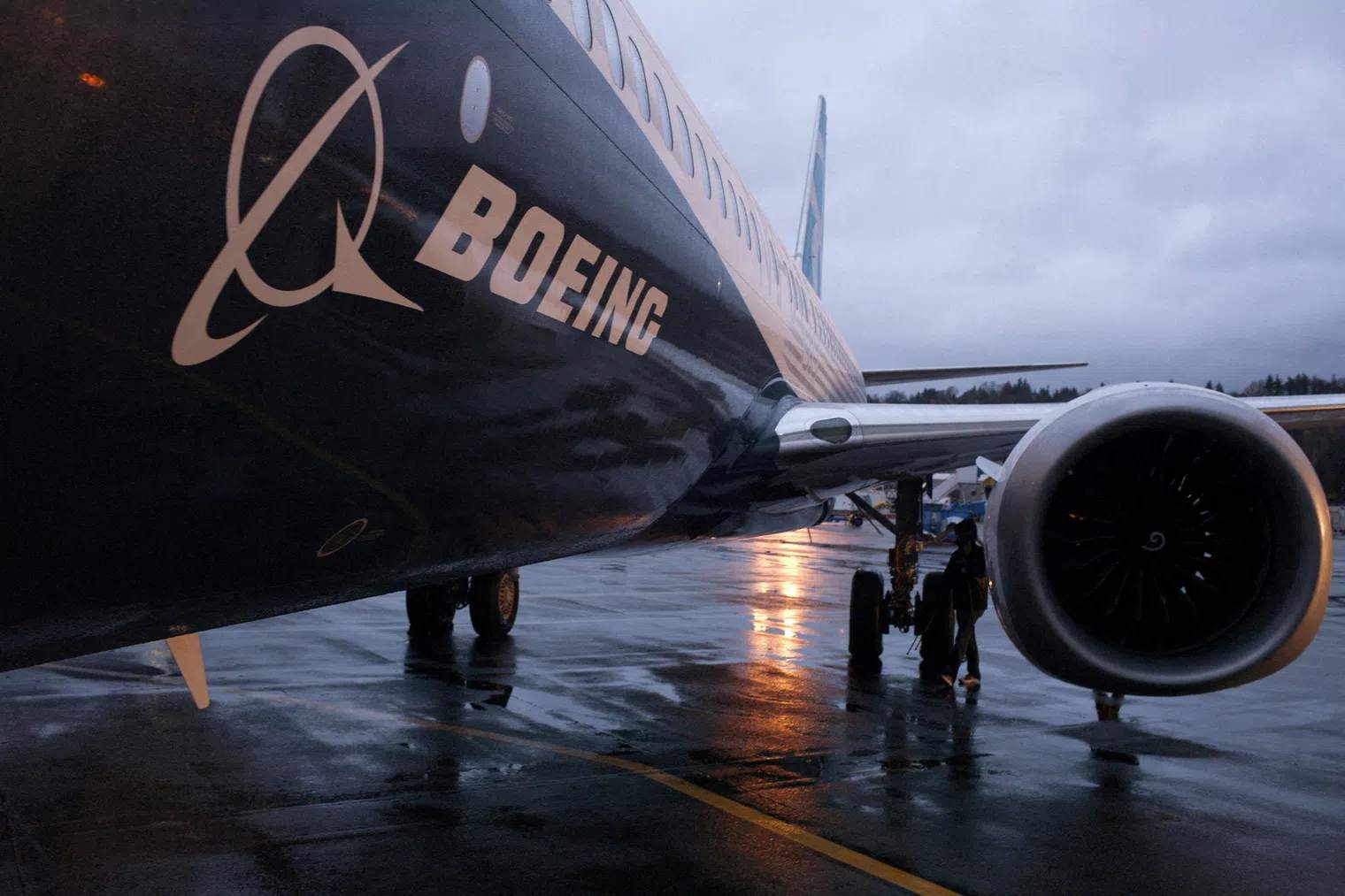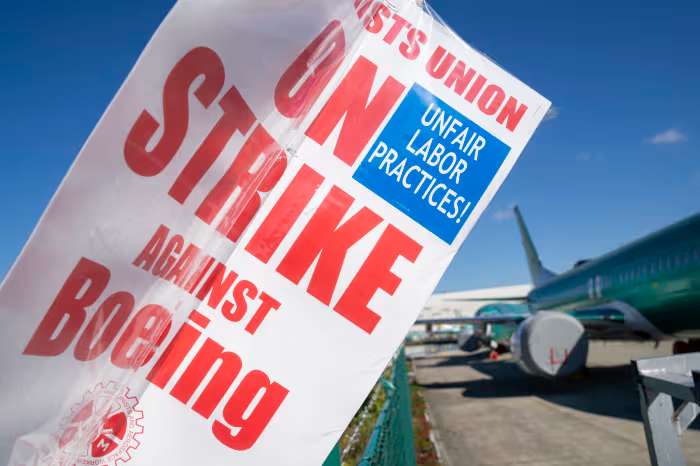Amid Financial and Reputation Crisis, Boeing Declares Layoff Plan
Boeing's internal memo shows that the company will cut 10 per cent of its workforce, or about 17,000 people, globally in the coming months.
On October 11 local time, Boeing President and CEO Kelly Ortberg issued an internal memo stating that the company plans to lay off 10% of its global workforce in the coming months, affecting about 17,000 employees, including executives, managers, and regular staff.
Kelly Ortberg wrote in the memo: "Our business is in trouble, and we must undergo structural changes to stay competitive. In the coming months, we will readjust our workforce to align with the company's current financial situation and focus more on priorities."
Additionally, Boeing will take a restructuring charge of approximately $5 billion: $3 billion pretax for commercial airplanes and $2 billion pretax for defense, space, and security businesses. Boeing also plans to delay the first delivery of its 777X jet by one year to 2026, after originally planning to launch the model in early 2020. After completing its backlog, Boeing will also stop producing the 767 freighter by 2027.
Boeing also expects third-quarter revenue to be $17.8 billion, with a loss of $9.97 per share, far below Wall Street's expectations. On the day of the announcement, Boeing's stock closed up 3% at $151.02.

In recent years, Boeing has suffered repeated blows, with its commercial airplane business and reputation severely damaged.
In October 2018 and March 2019, two crashes involving Lion Air and Ethiopian Airlines flights occurred, resulting in 346 fatalities. Both planes were Boeing's bestselling 737 MAX jets.
This year, Boeing once again found itself mired in safety incidents. In January, an Alaska Airlines 737 MAX jet had a "door falling off" incident during flight. After an investigation by the U.S. National Transportation Safety Board (NTSB), it was revealed that the plane lacked four bolts for securing the door when it left the factory two months earlier. In late July, Boeing admitted to fraud, paid fines, and committed to corrective actions.
In the aerospace field, Boeing's Starliner spacecraft encountered technical issues during its first manned test flight in June, causing two astronauts to be stranded on the International Space Station for several months.
On the economic front, the company has been posting losses annually since 2019, with a total loss of about $30 billion over the past five years. Boeing is now facing a severe financial crisis.
Recently, 33,000 U.S. West Coast workers went on strike over pay disputes, halting production of Boeing 737 Max, 767, and 777 models, consuming significant cash reserves. Boeing later promised to increase the pay raise from 25% to 30%, but the union felt this fell short of the 40% raise they expected, leading to a third breakdown in negotiations.
According to S&P estimates, even with Boeing's cost-saving measures, the strike is still costing the company more than $1 billion per month.

Amid this turmoil, international credit rating agencies are considering adjusting Boeing's ratings.
S&P stated that due to the ongoing strike impacting Boeing's production and the company's increasing cash needs, it is considering downgrading Boeing's rating to junk status. Last month, Moody's expressed a similar consideration. Fitch highlighted Boeing's increased operational risks but has not yet announced its evaluation.
Analysts from JPMorgan noted that if two of the three major international credit rating agencies downgrade Boeing to junk status, Boeing would become the largest U.S. company ever to lose its investment-grade rating and be added to the junk bond index.
Analysts also stated that Boeing needs to raise $10 billion to $15 billion to maintain its current rating, which is currently just one notch above junk status.
·Original
Disclaimer: The views in this article are from the original Creator and do not represent the views or position of Hawk Insight. The content of the article is for reference, communication and learning only, and does not constitute investment advice. If it involves copyright issues, please contact us for deletion.